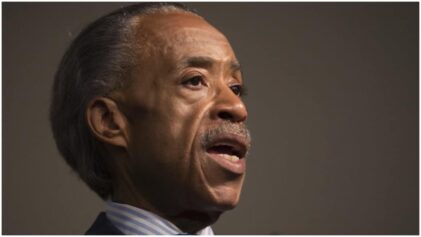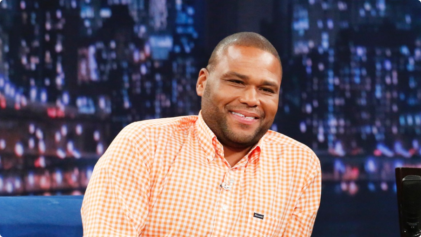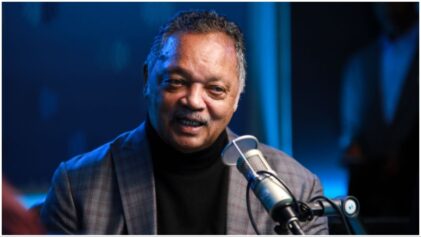
Six months since the killing of Michael Brown on the streets of Ferguson by a white police officer, Black people’s anger and concern about law enforcement’s disregard for Black lives persists. A “Black Lives Matter” movement has been galvanized across the nation. Protests after other shootings of unarmed Black males heightened the level of involvement. Politicians, celebrities and athletes have joined the cause.
And then there is Al Sharpton.
The “Reverend Al,” as he is commonly referred to, has been a paragon and a paradox for a long time now. He is an ordained minister who clearly has Black people’s interests at heart and who is not afraid to call out injustices inflicted by white people in his multiple media platforms. But Sharpton also is someone who, his critics say, has become ego-driven and whose ideologies of how to affect change are from a bygone era.
This puts Sharpton, 60, in an almost untenable position of fighting a cause for people who don’t want him to fight their cause.
A significant profile on Sharpton in The Washington Post recently created somewhat of a firestorm. It pointed out that Sharpton has, for decades, been a committed soldier to Black people’s rights—and that he is the first to tell you that.
It also pointed out that people realize he is the first to speak of his involvement, and that his ways of leadership, while bombastic, provide slow-gaining results.
Others, such as organizer Charles Wade, said they had respect for Sharpton and his many years of activism, but have grown disinterested in a strategy that relies on a centralized leader chipping away at change incrementally.
“Our generation doesn’t believe that we have to wait anymore,” Charles Wade, a Ferguson protest organizer, said to The Post. He called his 20-somethings leaders a “microwave generation.”
“What’s happened in Ferguson takes movements years to get without the use of the Internet,” Wade said. “We’re tired of being spoon-fed a little reform at a time when we want a revolution.”
On Twitter, which became a focal point for Sharpton supporters and critics to air their feelings, Wade wrote that there was a “generational divide. We are past reform. We want and need transformational leadership. We want fresh ideas and alternatives.”
Mary-Pat Hector, 17, told The Post: “The issue with my generation is we’re more about the Occupy organizing model. You know, everyone can be a leader, that kind of thing.”
Sharpton, in his head-on style that has agitated people from both sides for decades, had a response for Wade, Hector and other young activists.
Sharpton: “I hear them saying that ‘We don’t want Al Sharpton taking over our movement.’ But my question is: What movement? Y’all ain’t got nothing to take over.”
He added: “Fine, okay, but then tell me your strategy. You burned the building down. Great. Now what?”
His deprecating position surely did not bridge the divide. And it did not help his cause when he told the newspaper that the late Coretta Scott King, wife of civil rights icon Martin Luther King, had mused that Sharpton might be the ideal leader to take over the “King model. I almost died and went to heaven when I heard that,” Sharpton is quoted as saying. “But think about that now. How big is that shadow?”
He further incited push back when he said at a meeting with community leaders from his National Action Network, “Is there anyone else who can do all of this? Anyone other than me? Seriously, I’m talking about anyone else? . . What ever happened to Ben Jealous?” Sharpton asked, referencing the former leader of the NAACP Ben Chavis. “How about talented leadership in Chicago? Anyone good coming up behind Jesse (Jackson) in Chicago?”
As much as Sharpton’s comments and bravado offended some, especially young activists, there were some who concurred with his position in the extended Twitter feed about him following The Post article.
“I’m ain’t saying #AlSharpton is a saint,” one tweeter posted. “I ain’t saying he da (sic) answer. I’m jus saying he has some valid points. Who really out here? What are they saying?”


